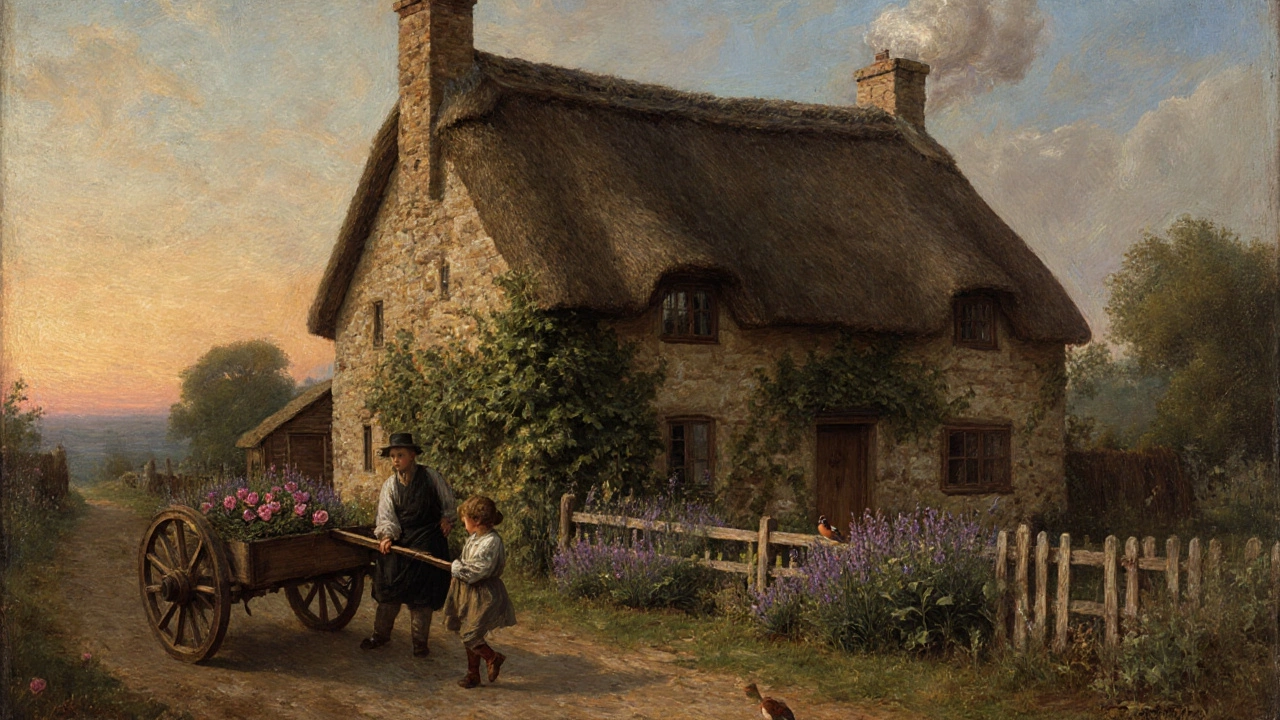Discover the true origin of the word “cottage,” its evolution across centuries, and how the term shapes architecture, culture, and modern living.
Cottage Definition: What Makes a Cottage a Cottage?
If you’ve ever booked a "cottage" and wondered what you’re actually getting, you’re not alone. A cottage isn’t just a cute house on a brochure – it’s a specific type of accommodation with its own vibe, layout, and perks. Below we break down the basics so you know exactly what to expect before you pack your bags.
Core features of a traditional cottage
First off, a cottage is usually a small, standalone building set in a rural or semi‑rural area. Think two to four bedrooms, a living room, a kitchen (often fully equipped for self‑catering), and a bathroom or two. The size is modest—big enough for a family or a small group, but not sprawling like a manor.
Materials matter, too. Classic cottages are built from stone, brick, or timber, giving them a warm, rustic feel. You’ll often see exposed beams, a fireplace, and a pitched roof. These details aren’t just decorative; they’re part of what makes a cottage feel “homey.”
Self‑catering versus other stays
When we talk about a cottage on the Retallack Retreats site, we’re usually talking self‑catering. That means you get a fully equipped kitchen, all the dishes you need, and the freedom to cook your own meals. No restaurant bills, no buffet queues—just you, your favorite groceries, and the comfort of eating wherever you like.
Contrast that with a hotel or a bed‑and‑breakfast where meals are often provided. Self‑catering lets you set your own schedule, budget for groceries, and enjoy the local market’s fresh produce. It’s especially handy for families with picky eaters or anyone who enjoys a home‑cooked breakfast before a day of exploring.
Another perk is privacy. A detached cottage gives you space to spread out, whether you’re working from a laptop in the garden or enjoying a quiet night in the living room. You won’t be sharing hallways or elevators, and you won’t have to worry about noisy neighbours in a shared building.
Why “cottage” matters for travelers
Choosing a cottage isn’t just about a roof over your head; it’s about the whole experience. The setting often includes gardens, scenic walks, and a sense of seclusion that city hotels can’t match. For a UK vacation, that might mean a short drive to rolling hills, historic villages, or a nearby coastline.
Because cottages are usually owned or managed locally, you often get insider tips on where to find the best fish and chips, hidden hiking trails, or a weekend market. That local touch turns a regular stay into a mini‑adventure.
Finally, cottages tend to be flexible on length of stay. Whether you’re looking for a weekend break or a two‑week retreat, the pricing structure is often more straightforward than hotel room rates that spike on weekends.
In short, a cottage is a modest, self‑catering home set in a peaceful environment, designed to give you the comfort of your own space while you explore the surrounding countryside. Understanding this definition helps you pick the right property for a relaxed, authentic UK getaway.
